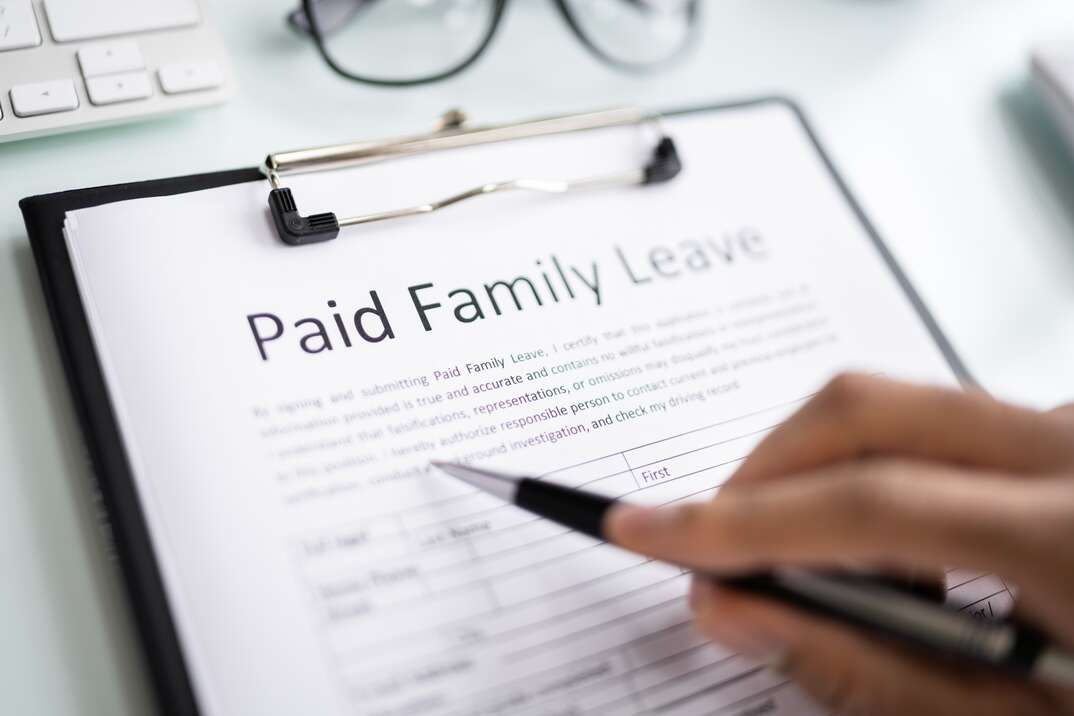- AppliancesElectriciansHVACLandscapingLocksmithPest ControlPlumbingRenovationRoofingT V RepairAll Home Improvement
- Car AccidentClass ActionCorporate LawCriminal DefenseDivorce LawEmployment LawFamily LawFinancial LawLegal AidMedical Injury LawyersMedical MalpracticeReal Estate LawWater Fire RestorationAll Legal
- InvestmentRetirementAll Finance
- Animal InsuranceAutoGeneral InsuranceHealth PolicyHome RentersAll Insurance
- DentalHealth SpecialistsAll Medical
- Animal CareVeterinaryAll Pets
- Auto GlassTowingAll Automotive
What Is FMLA?

Family and medical leave can help you keep your job in certain qualifying situations. Learn more about what FMLA leave is and how you can become eligible for it.
FMLA is an acronym for the Family and Medical Leave Act. Companies typically shorten it to FMLA in their handbooks and benefits information.
What Is the Family and Medical Leave Act?
The Family and Medical Leave Act was designed to offer qualifying employees job-protected leave for certain qualifying situations related to family and medical situations. You can get up to 12 weeks of leave if you qualify, but the leave is unpaid. When you return, you can go back to the same job or a position that's equivalent in pay, benefits and conditions. You also get to keep your group health insurance coverage during the leave.
Federal FMLA has several rules and qualifications, so there's no guarantee you can take this type of leave. The following rules help you determine if you could be eligible.
Who Has to Offer FMLA?
Not all employers have to offer FMLA to their employees. All public agencies, including local, state and federal government agencies, have to follow FMLA guidelines regardless of the number of employees they have. The same is true for local educational agencies like public and private schools and public school boards.
Private-sector employees don't all fall under the FMLA requirements. Covered employers have 50 or more employees for 20 or more workweeks in the current or previous calendar year. That means if you work for a small company with fewer than 50 employees, you won't qualify for FMLA.
Who Qualifies?
Not all employees working for a covered employer qualify for FMLA. You have to meet specific FMLA eligibility requirements, including:
- Working for a covered employer for a minimum of 12 months
- Working for at least 1,250 hours for the covered employer in the 12 months leading up to your FMLA leave
- Working in a location with at least 50 employees within 75 miles
If you're not sure if you qualify, check with your human resources department. They should be well-versed on the company's FMLA status and whether you'll qualify.
More Related Articles:
- When Do You Need a Lawyer? Determine If You Need to Hire an Attorney
- What Is a Class-Action Lawsuit?
- What Is a Misdemeanor?
- What to Do After a Car Accident
- What Is Power of Attorney?
Qualifying Situations
FMLA leave is specifically for family and medical situations you might face. The idea is to allow you to take care of these situations without worrying about losing your job. Situations that apply to FMLA leave include:
- The birth of a baby
- Caring for a baby within the first year of birth
- Adoption or fostering of a child
- Caring for a child through adoption or foster care within one year of the placement
- Caring for a spouse, child or parent with a serious medical condition
- An employee's personal health condition
- Certain military service situations, including leave related to the foreign deployment of a family member and caring for a current service member or recent veteran who has an injury or illness
Most reasons offer up to 12 work weeks of unpaid leave during a 12-month period. Military caregiver FMLA leave qualifies you for up to 26 work weeks of leave in a 12-month period.
FMLA Usage
You don't have to take the 12 work weeks of FMLA in one chunk. You have up to 12 weeks for a 12-month period, but you can take it a few weeks at a time. You can even take a few days or partial days, depending on your needs. The time you get is based on your normal work week.
Calculating how much FMLA leave you use is based on how much time you're actually gone from work. If you wouldn't be scheduled to be at work on a certain day, that time doesn't count toward your FMLA amount. For example, say your company closes for several days around the holidays. If business activities stop for reasons similar to this, those days don't have to go into your FMLA calculations.
Elocal Editorial Content is for educational and entertainment purposes only. The information provided on this site is not legal advice, and no attorney-client or confidential relationship is formed by use of the Editorial Content. We are not a law firm or a substitute for an attorney or law firm. We cannot provide advice, explanation, opinion, or recommendation about possible legal rights, remedies, defenses, options or strategies. The opinions, beliefs and viewpoints expressed by the eLocal Editorial Team and other third-party content providers do not necessarily reflect the opinions, beliefs and viewpoints of eLocal or its affiliate companies. Use of the Blog is subject to the
Website Terms and Conditions.The eLocal Editorial Team operates independently of eLocal USA's marketing and sales decisions.



